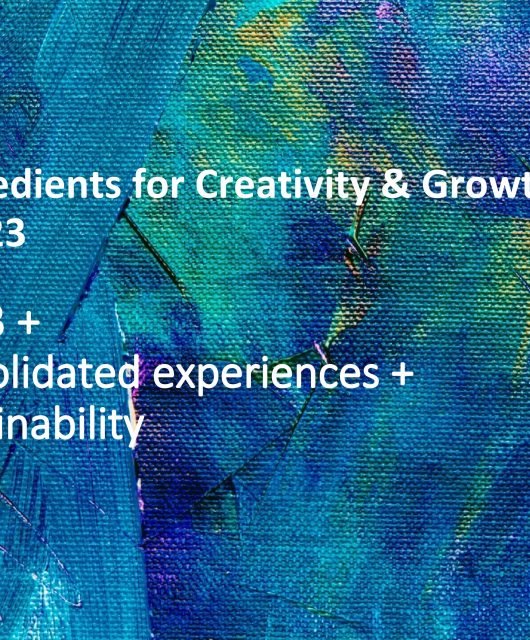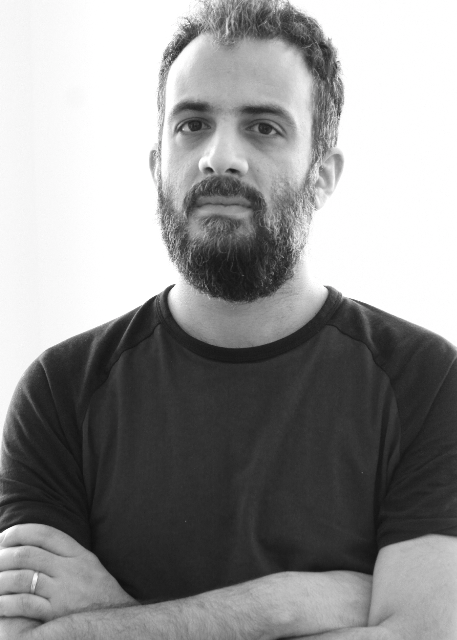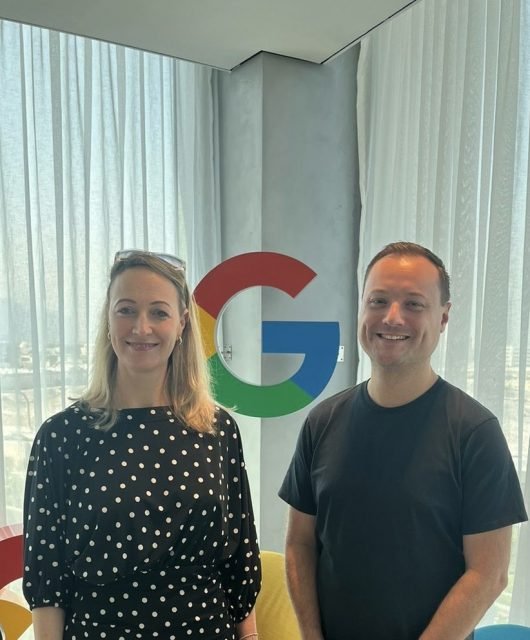Let’s face it, we could all do with some luck right now. But the L-word is something of a taboo in modern business culture. In particular, most marketing textbooks adopt the Anglo-Saxon viewpoint that ‘there is no such thing as luck and the harder you work, the luckier you get.’ Even to talk about such stuff risks the accusation that you are spouting ‘superstitious nonsense’, at odds with modern science.

But what if I told you that there is actually a huge amount of empirical data in support of the existence of luck – and crucially, this research highlights many tangible ways for you to improve your organization’s chances of success?
For instance, there’s now a great deal of evidence that if you make a conscious effort to appreciate the good luck in your life, you are more likely to succeed. Professor Robert Franks of Cornell University has conducted many experiments in this field. He has consistently found that people prefer co-workers who acknowledge the role of luck, over those who insist their achievements are solely down to themselves. He explains that these individuals appear to be more humble and generous-spirited – which in turn makes them more desirable to work with. I think the same thing applies to organizations: by openly acknowledging the role of luck, leaders can fend off that most deadly of corporate killers, complacency. So how can you build a culture where people are mindful of their good fortune and humble about their successes?
Or consider another experiment, this time by Professor Richard Wiseman. The British psychologist is a global expert in this area and has devised a test whereby he asks respondents whether they are lucky or unlucky. Then he asks them all to count the photographs in a newspaper. Remarkably, the ‘lucky’ respondents finish the task in seconds whereas the ‘unlucky’ ones take much longer. That’s because Wiseman has included a notice on page two, telling people that they can ‘give up now because there are 43 photographs in the paper.’ The ‘unlucky’ respondents are too focused on the core task to see it – which prompts Wiseman to argue that good fortune often comes down to your ability to spot peripheral opportunities. He teaches individuals to get better at this but again I think the same applies to whole organizations. Too often, companies encourage silo-ed thinking. What opportunities might be hiding beyond your own market, brief, brand or department?
Meanwhile, a team at Bloomberg University have been doing some really interesting research in the United States. They’ve explored stories of ‘ambiguous luck’ – such as the tale of Tsutomu Yamaguchi, who survived the attack on Hiroshima only to move back home to Nagasaki and be hit by the second bomb. He survived that one too – but did that make him incredibly lucky or unbelievably unlucky, to have been in both places in the first place? The researchers found that they could steer respondents to either conclusion, depending on how they told the story. Once more, there’s an application for business: some of the biggest breakthroughs come from a reframing of misfortune as good fortune. How could a supposed disadvantage – like a taboo, flaw, time constraint or low budget – turn out to be your saviour?
Finally, take a look at some research conducted by City University in London. A team there has been investigating the notion of ‘serendipity.’ That’s a particular type of luck whereby one stumbles over an idea, while doing something else. It’s easy to write off such breakthroughs as random events beyond your control. But the City University team have found that you can make these ‘happy accidents’ happen on purpose by taking certain steps. For instance, by mixing teams up, changing routines, adapting buildings or ring-fencing time for experimentation. How could you make it more likely for ideas to collide in new ways – rather than just passively hope for this to happen?
As you can see, luck isn’t some primitive phenomenon that defies all scientific explanation. Instead, it’s a well-documented force that you can harness to your organization’s advantage. But only if you recognise it in the first place. Once you do, you can start to build a culture where people are more humble, appreciative, open-minded, optimistic, creative and successful. All without the need for any horse-shoes or four-leaf clovers.
Andy Nairn is a co-founder of top UK creative agency Lucky Generals. He’s just launched a book about the role of luck in building a brand and is giving all the royalties to an organization that helps working class kids get a break into the creative industry. You can buy Go Luck Yourself here https://bit.ly/GoLYUAE





